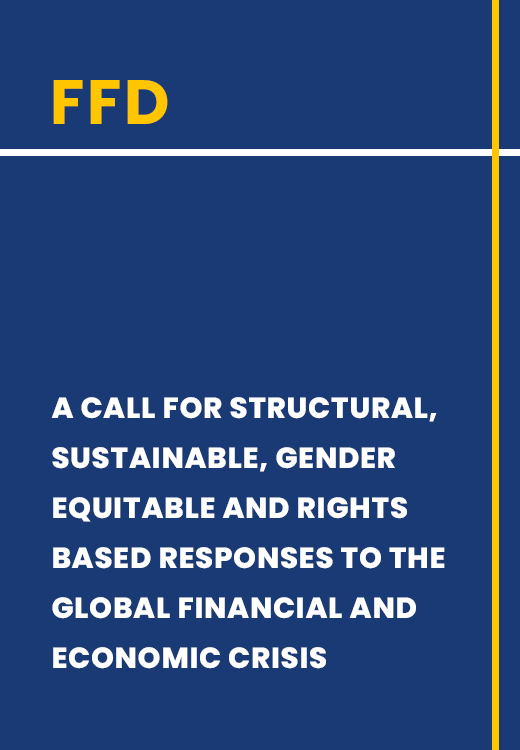An international financial institution (IFI) is one that has been established (or chartered) by more than one country and is, hence, subject to international law. Its owners or shareholders are generally national governments, although other international institutions and organisations occasionally figure as shareholders. The most prominent IFIs are creations of multiple nations, although some bilateral financial institutions (which are created by two countries) exist and are technically IFIs. The best known IFIs were established after World War II to assist in the reconstruction of Europe and provide mechanisms for international cooperation in managing the global financial system.
While World War II was still being fought, delegates from all 44 Allied nations gathered at the Mount Washington Hotel in Bretton Woods, New Hampshire, United States, for the United Nations Monetary and Financial Conference, also known as the Bretton Woods Conference. The delegates deliberated from 1 to 22 July 1944, and signed the Bretton Woods agreement on its final day. Setting up a system of rules, institutions and procedures to regulate the international monetary system, these accords established the International Monetary Fund (IMF) and the International Bank for Reconstruction and Development (IBRD), which is currently part of the World Bank Group. Today, the most prominent IFIs include the World Bank, the IMF and the International Finance Corporation, while the largest IFI in the world is the European Investment Bank.
Regional development banks (RDBs) are multilateral financial institutions that are constituted by several regional institutions. Their functions are similar to the World Bank Group’s activities, but focus only on a specific region. RDBs’ shareholders usually consist of countries in the concerned region and major donor countries. The best-known RDBs cover regions that roughly correspond to the UN’s regional groupings, including the Inter-American Development Bank, the Asian Development Bank, the African Development Bank, the Central American Bank for Economic Integration and the European Bank for Reconstruction and Development. The Islamic Development Bank (IsDB) is among the leading multilateral development banks, and the only one after the World Bank that is global in its membership.
(Based on the Wikipedia entry on IFIs.)
Related items
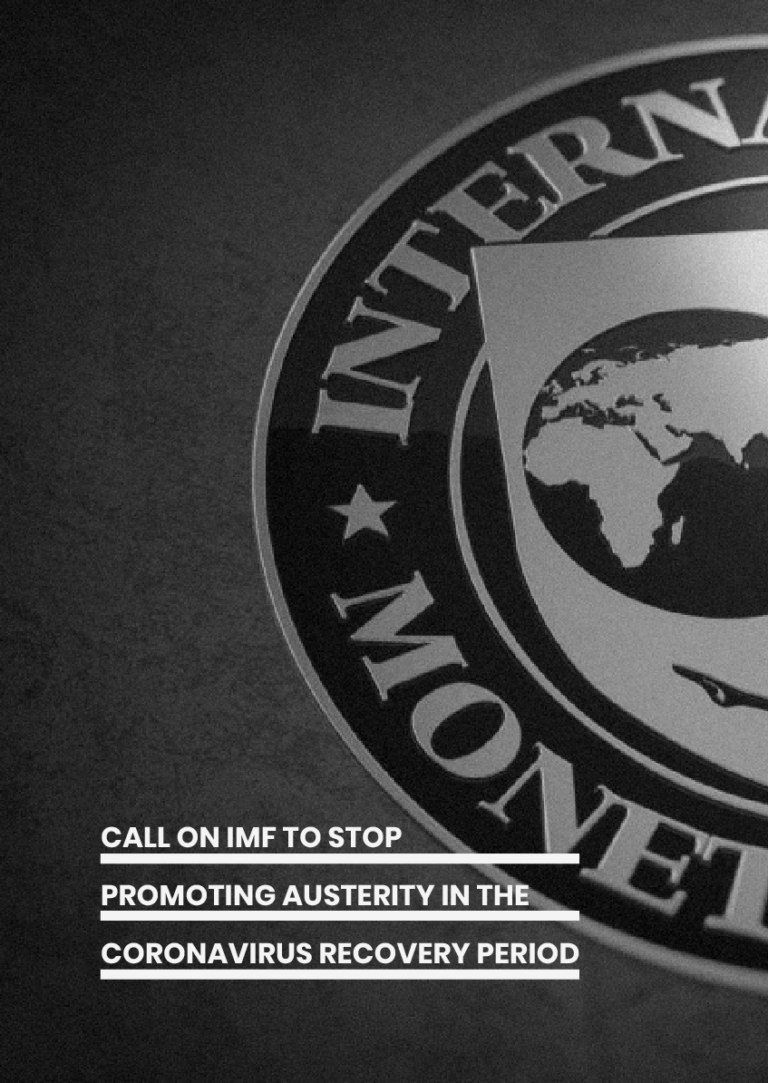
Call on IMF to stop promoting austerity in the Coronavirus recovery period
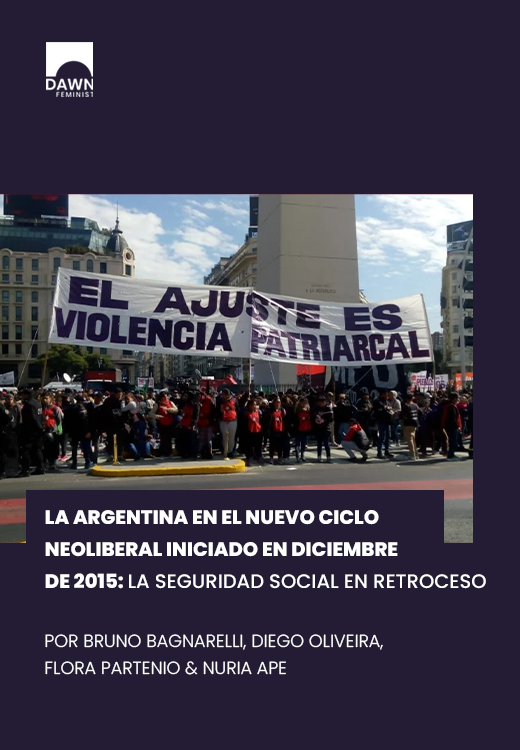
La Argentina en el nuevo ciclo neoliberal iniciado en diciembre de 2015: la seguridad social en retroceso
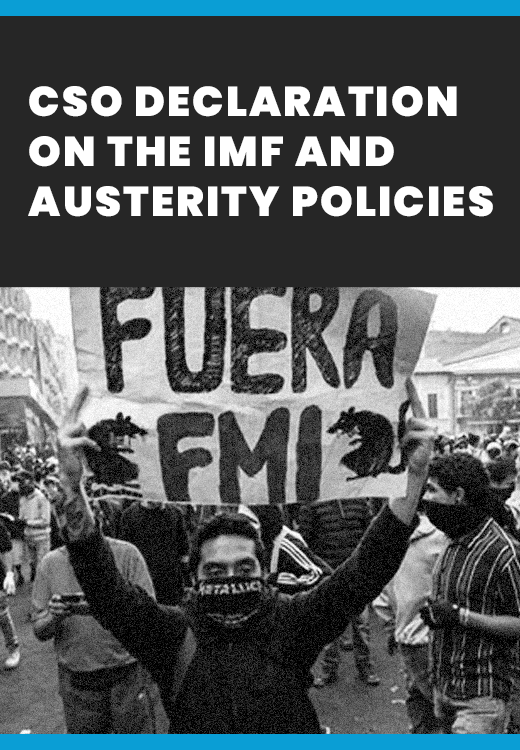
CSO declaration on the IMF and austerity policies
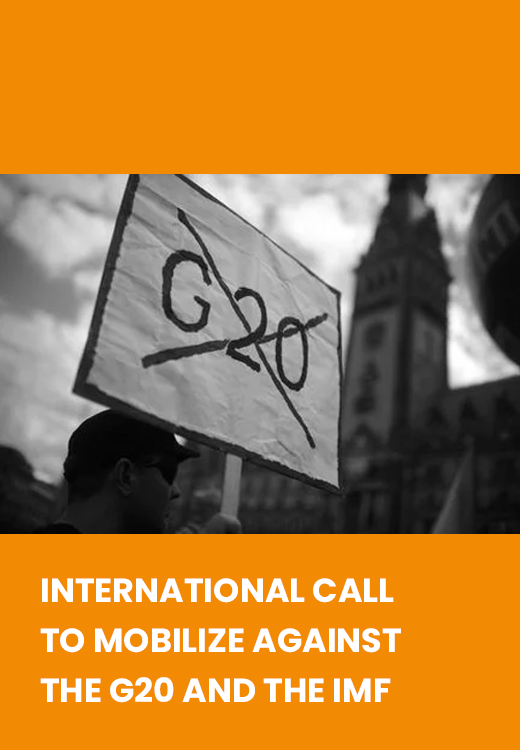
International call to mobilize against the G20 and the IMF
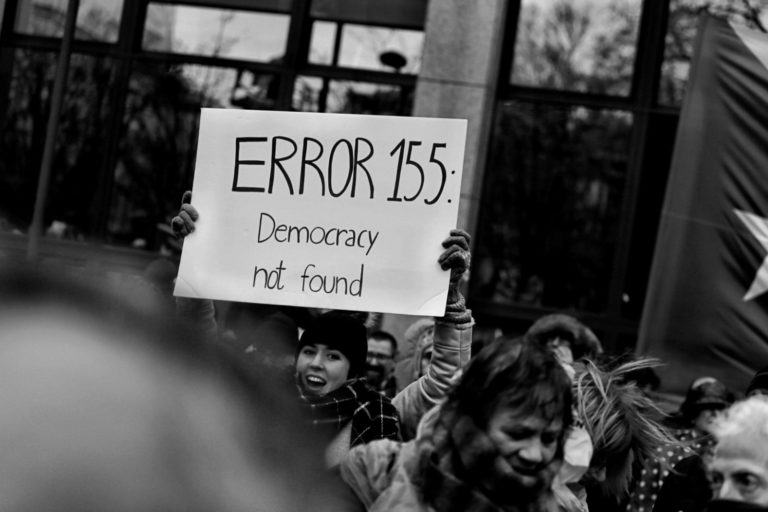
Challenges of the global order: multilateralism and human rights
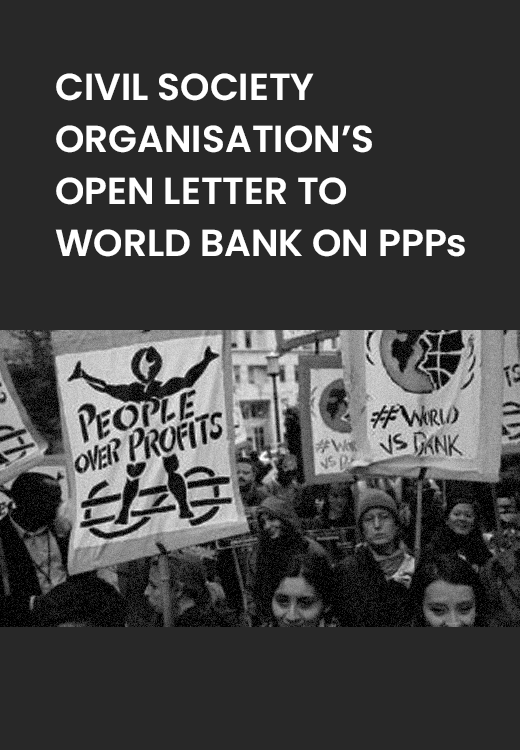
Civil Society Organisations’ open letter to World Bank on PPPs
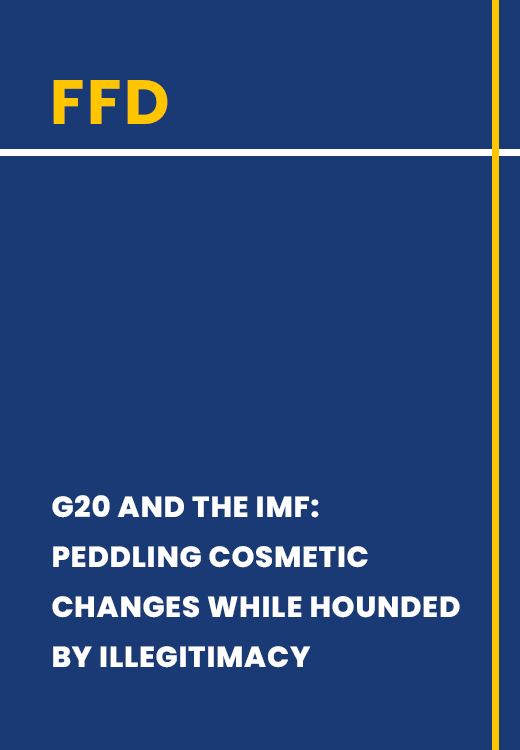
(FfD) G20 and the IMF: Peddling Cosmetic Changes While Hounded by Illegitimacy
